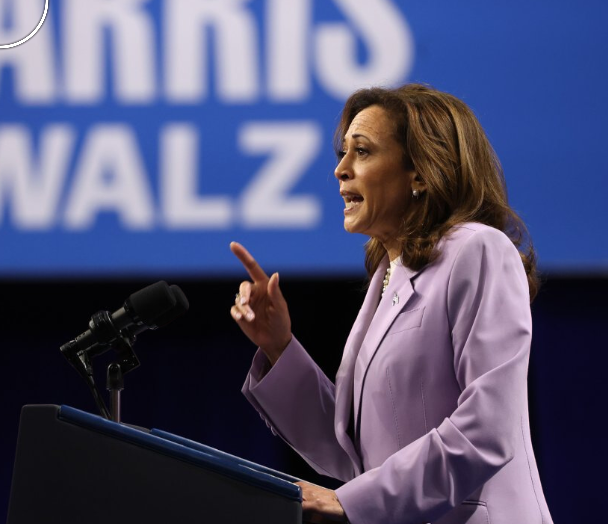I hate to give Presidential candidates more attention than they already get, but something interesting has happened early in the race for our hearts, minds, and (most importantly) votes. With wonderfully vague promises such as bringing âHope for Americaâ and being âthe leading advocate for freedom in our nationâs capital,â Texas Representative Ron Paul has energized an understandably languid Republican voter base. Paul is so distinctive not just because of his outspokenness regarding the Iraq War, but because he was nominated as the Libertarian Partyâs presidential candidate in 1988. His loose affiliation with the party has given Libertarians a lot of attention as of late. However, a lot of this attention comes from liberals who donât see their values faithfully represented by Democratic candidates. Unfortunately, these progressives are misguided. The most concise definition of libertarianism could be that since people are the absolute owners of their lives, they should be free to do as they pleaseâso long as this doesnât hurt anyone else. While this is a principle that all left-leaning people hold sacred, one cannot be mislead by rhetoric. In practice, true Libertarianism is flawed in that it holds abstract values as more important than the people they are designed to protect. This can make the philosophy weak on protecting minority groups. The theoretical rationale behind this is that if you give special protection to certain groups, it infringes on the freedom of others (who are often in the majority). Unfortunately, this dogmatic approach to decision-making fails to recognize the importance of legislation that acknowledges the inherent disadvantages of minority groups. History has shown that special, specific protection is often necessary, perhaps most notably in Brown v. Board of Education. Take, for example, Paulâs voting record on Civil Rights issues. He voted âyesâ to ban gay adoptions in D.C, voted ânoâ on $84 million in grants for black and Hispanic colleges, and has consistently been an advocate of abolishing the Federal Welfare program. On immigration, his record is appalling: he has voted âyesâ on building a fence along the Mexican border, reporting illegal aliens who receive hospital treatment, and was rated 100% by FAIR (Federation for American Immigration Reform), indicating a record very hostile to immigrants. The environment also suffers, as, according to Paul, âproperty rights are the foundation of all rights.â Consequently, with decisions such as opposing s 33mpg fuel standard, Paul earned himself a 5% rating from the League of Conservation voters. These voting tendencies underscore Paul and other Libertariansâ reluctance to protect people over principles. While loyalty to the constitution is an essential merit to have in a politician, one must also remember that in 1789, slavery was legal, women couldnât vote, and homosexuality was seldom publicly acknowledged. As wonderful a document as our constitution is, it must be adjusted as public needs and attitudes change. Weâve come a long way, but we need to go farther. To help make this happen, we must embrace candidates with true progressive idealsâones who strive to create a society in which people can feel like equals, both with each other and under the law.
Categories:
Libertarianismnot for liberals
BOBBY HUNTER
•
September 21, 2007
Story continues below advertisement
0
Donate to The WEB
$125
$450
Contributed
Our Goal
Your donation will support the student journalists of Ames High School, and Iowa needs student journalists. Your contribution will allow us to cover our annual website hosting costs.
























